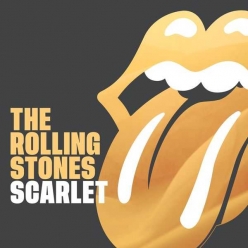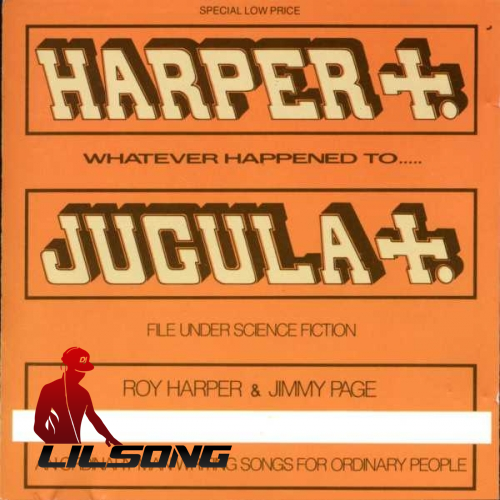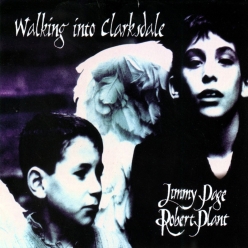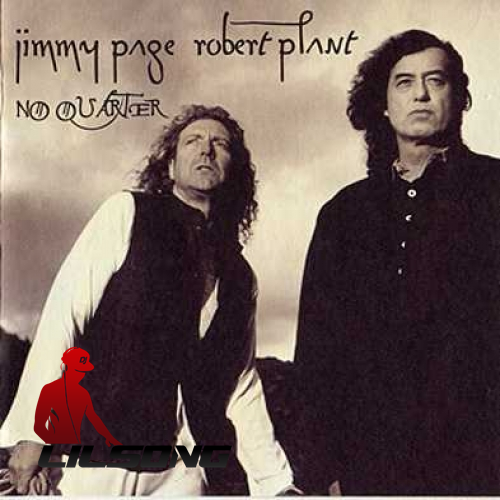Biography
James Patrick Page OBE (born 9 January 1944) is an English musician, songwriter, and record producer who achieved international success as the guitarist and founder of the rock band Led Zeppelin.
Page began his career as a studio session musician in London and, by the mid-1960s, alongside Big Jim Sullivan, was one of the most sought-after session guitarists in Britain. He was a member of the Yardbirds from 1966 to 1968. In late 1968, he founded Led Zeppelin.
Page is widely considered to be one of the greatest and most influential guitarists of all time. Rolling Stone magazine has described Page as "the pontiff of power riffing" and ranked him number 3 in their list of the "100 Greatest Guitarists of All Time". In 2010, he was ranked number two in Gibson's list of "Top 50 Guitarists of All Time" and, in 2007, number four on Classic Rock's "100 Wildest Guitar Heroes". He was inducted into the Rock and Roll Hall of Fame twice; once as a member of the Yardbirds (1992) and once as a member of Led Zeppelin (1995). Page has been described by Uncut as "rock's greatest and most mysterious guitar hero".
Contents 1 Early life 2 Early 1960s: session musician 3 Late 1960s: The Yardbirds 4 1968–1980: Led Zeppelin 5 Post-Led Zeppelin career 5.1 1980s 5.2 1990s 5.3 2000s 5.4 2010s 6 Legacy and influence 7 Equipment and recording techniques 7.1 Guitars 7.1.1 Notable guitars 7.1.2 Strings 7.1.3 Signature models 7.2 Amplifiers and effects 7.3 Music production techniques 8 Personal life 8.1 Partners 8.2 Properties 8.3 Recreational drug use 8.4 Interest in the occult 9 Discography 10 Footnotes 11 References 12 External links Early lifePage was born to James Patrick Page and Patricia Elizabeth Gaffikin in the west London suburb of Heston on 9 January 1944. His father was an industrial personnel manager and his mother, who was of Irish descent, was a doctor's secretary. In 1952, they moved to Feltham and then to Miles Road, Epsom in Surrey, which is where Page came across his first guitar. "I don't know whether was left behind by the people before , or whether it was a friend of the family's—nobody seemed to know why it was there." First playing the instrument at age 12, he took a few lessons in nearby Kingston, but was largely self-taught:
When I grew up there weren't many other guitarists ... There was one other guitarist in my school who actually showed me the first chords that I learned and I went on from there. I was bored so I taught myself the guitar from listening to records. So obviously it was a very personal thing.
Among Page's early influences were rockabilly guitarists Scotty Moore and James Burton, who both played on recordings made by Elvis Presley. Presley's song "Baby Let's Play House" is cited by Page as being his inspiration to take up the guitar. Although he appeared on BBC1 in 1957 with a Höfner President, Page states that his first guitar was a second-hand 1959 Futurama Grazioso, later replaced by a Fender Telecaster.
Page's musical tastes included skiffle (a popular English music genre of the time) and acoustic folk playing, and the blues sounds of Elmore James, B.B. King, Otis Rush, Buddy Guy, Freddie King and Hubert Sumlin. "Basically, that was the start: a mixture between rock and blues."
At 13, Page appeared on Huw Wheldon's All Your Own talent quest programme in a skiffle quartet, one performance of which aired on BBC1 in 1957. The group played "Mama Don't Want to Skiffle Anymore" and another American-flavoured song, "In Them Ol' Cottonfields Back Home." When asked by Wheldon what he wanted to do after schooling, Page said, "I want to do biological research cancer, if it isn't discovered by then."
In an interview with Guitar Player magazine, Page stated that "there was a lot of busking in the early days, but as they say, I had to come to grips with it and it was a good schooling." Page took a guitar to school each day only to have it confiscated and returned to him after class. Although interviewed for a job as a laboratory assistant, he ultimately chose to leave Danetree Secondary School, West Ewell, to pursue music.
Page had difficulty finding other musicians with whom he could play on a regular basis. "It wasn't as though there was an abundance. I used to play in many groups ... anyone who could get a gig together, really." Following stints backing recitals by Beat poet Royston Ellis at the Mermaid Theatre between 1960–61, and singer Red E. Lewis, he was asked by singer Neil Christian to join his band, the Crusaders, after Christian had seen a fifteen-year-old Page playing in a local hall. Page toured with Christian for approximately two years and later played on several of his records, including the 1962 single, "The Road to Love."
During his stint with Christian, Page fell seriously ill with glandular fever (infectious mononucleosis) and could not continue touring. While recovering, he decided to put his musical career on hold and concentrate on his other love, painting, and enrolled at Sutton Art College in Surrey. As he explained in 1975:
travelling around all the time in a bus. I did that for two years after I left school, to the point where I was starting to get really good bread. But I was getting ill. So I went back to art college. And that was a total change in direction. That's why I say it's possible to do. As dedicated as I was to playing the guitar, I knew doing it that way was doing me in forever. Every two months I had glandular fever. So for the next 18 months I was living on ten dollars a week and getting my strength up. But I was still playing.
Early 1960s: session musicianWhile still a student, Page often performed on stage at The Marquee with bands such as Cyril Davies' All Stars, Alexis Korner's Blues Incorporated and fellow guitarists Jeff Beck and Eric Clapton. He was spotted one night by John Gibb of Brian Howard & the Silhouettes, who asked him to help record some singles for Columbia Graphophone Company, including "The Worrying Kind". Mike Leander of Decca Records first offered Page regular studio work. His first session for the label was the recording "Diamonds" by Jet Harris and Tony Meehan, which went to Number 1 on the singles chart in early 1963.
After brief stints with Carter-Lewis and the Southerners, Mike Hurst and the Method and Mickey Finn and the Blue Men, Page committed himself to full-time session work. As a session guitarist, he was known as 'Lil' Jim Pea' to prevent confusion with the other noted English session guitarist Big Jim Sullivan. Page was mainly called into sessions as "insurance" in instances when a replacement or second guitarist was required by the recording artist. "It was usually myself and a drummer", he explained, "though they never mention the drummer these days, just me ... Anyone needing a guitarist either went to Big Jim or myself." He stated that "In the initial stages they just said, play what you want, cos at that time I couldn't read music or anything."
She Just Satisfies Sample of "She Just Satisfies", Page's first single (released in 1965). Problems playing this file? See media help.



